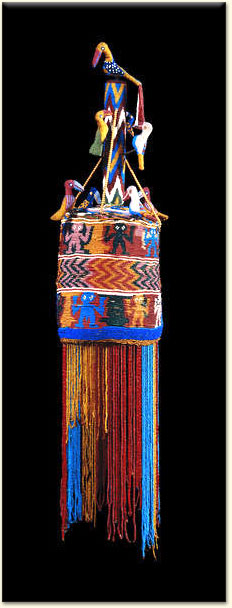Raj Quartet Illustration
Our children are taught in school, and our politicians doggedly insist, that there is no obstacle to disparate populations getting along harmoniously even when commingled in the millions — no obstacle, at any rate, other than the willful malignity of a few spoilers ("racists") who ought to be ignored, re-educated, or silenced. The unhappy history of great population encounters suggests that this may be all empty wishful thinking.The Raj Quartet, February 2008
John Derbyshire
Choosing the entwined fates of Britain, India, and Pakistan as they approached Independence in August, 1947, is the best possible choice to illustrate the point that great and disparate populations do not exist in harmony. Seeking to disprove the hypothesis that different cultures may live together in peace, one need only tell the story of Partition and the bloodshed it produced.
The thought herein passes for profound thought in the present day.
However, it ignores certain important items.
First, it ignores the past: the confluence of India and Pakistan is taken to be a paradigm of different populations coming together without any reference to how Britain created the entire laboratory in which this massive social experiment was to take place.
Essentially, Mr. Derbyshire seems to assume that the dynamics of mixing disparate peoples is as simple as putting olive oil and vinegar into a bowl and stirring... the results will be the same regardless where the olives were grown or by what process the oil extracted, and regardless of the source of the vinegar. (Mr. Derbyshire seemingly would go so far as to observe that the oil and vinegar always separate, and never gets beyond that to the objective of the process; i.e., the making of the salad and the eventual mingling of tastes and textures.)
Second, it ignores goal-seeking behavior: Mr. Derbyshire's intention is to criticize the present day believers in the illusion of harmonious co-existence, and he ignores any effect goal-seeking, such as believing and working to attain a harmonious society, might have.
In the illustration of India and Pakistan, there is no obvious awareness of the British policy of divide and rule, which they used alternately against Gandhi and Congress, then against Mr. Jinnah's followers. A large part of the history of British rule in India is due to pitting groups against each other. The hatred between Hindu and Muslim was taken advantage of, just as was the hatred between Catholic and Protestant in Ireland and the hatred between Jew and Arab in Palestine.
This history of stoking the flames of hatred in order to divide loyalties, and to thereby rule the subject populations more easily is totally ignored as well as any discussion as to the effects such policies might have on a possible harmonious co-existence!
From a review of Paul Scott's The Raj Quartet :
http://www.goodreads.com/book/show/1000724.The_Raj_Quartet_Volume_3
India, 1943: In a regimental hill station, the ladies of Pankot struggle to preserve the genteel façade of British society amid the debris of a vanishing empire and World War II.Mr. Derbyshire's sense of unease at living in times of great change overpowers his desire for intellectual probity: he writes well, but it is all praise to the unchanging past he thought himself to have lived in, a Golden Age. Now, like Hesiod talking to his shiftless brother, Perses, he allows himself to enumerate the rules of thumb for living in the debased Iron Age:
... would that I were not among the men of the fifth generation, but either had died before or been born afterwards. For now truly is a race of iron, and men never rest from labour and sorrow by day, and from perishing by night; and the gods shall lay sore trouble upon them. Hesiod, Works and DaysMr. Derbyshire, in his recent widely-known essay on race, presented a list of survival skills for his Iron Age, and extended the mythology beyond Hesiod to create a new myth of a race - of which he himself seems to be a part - which may yet insulate itself against the degradation of the times. He seems to be unaware that ideas have consequences, and his ideas will lay even more sore trouble upon society.
--


















No comments:
Post a Comment